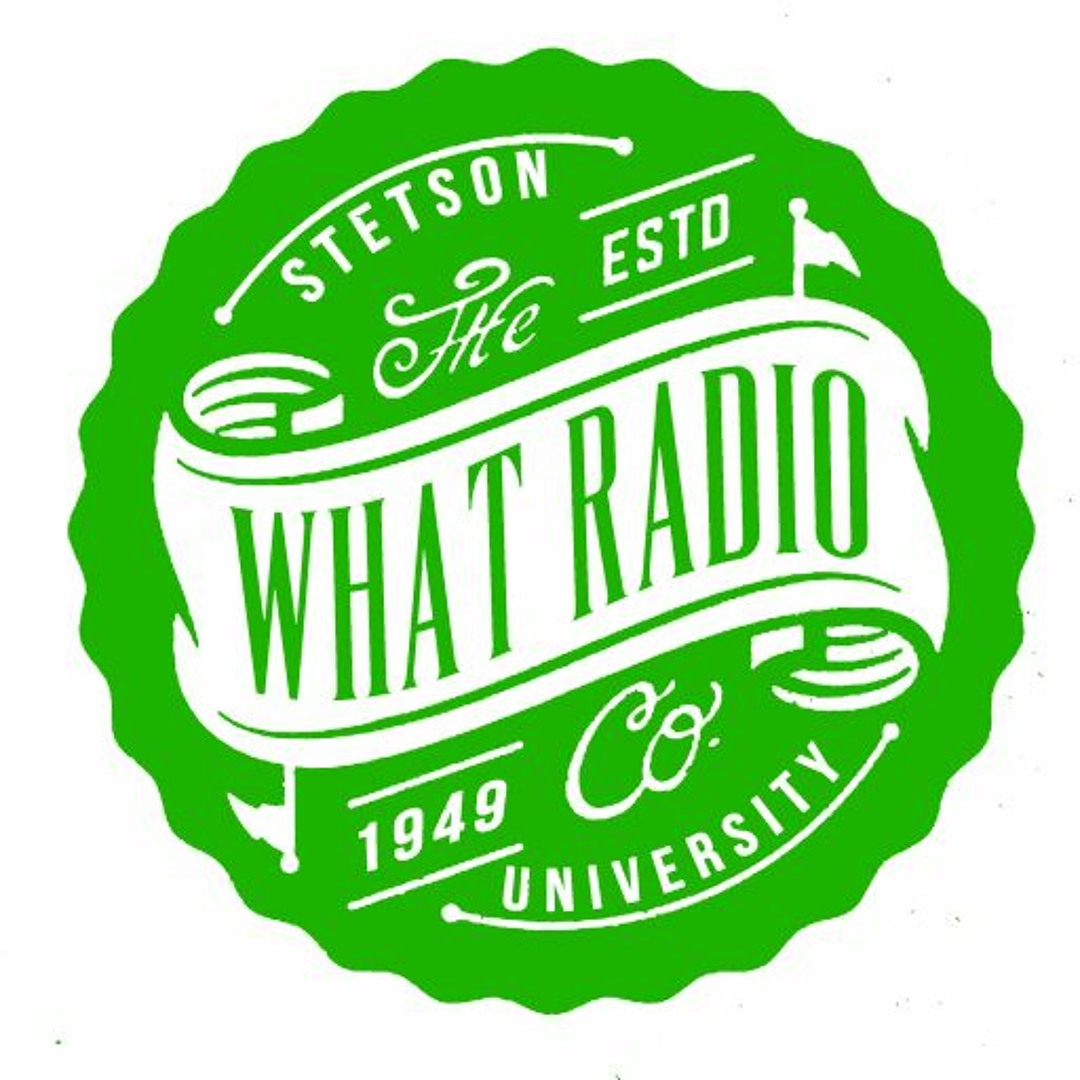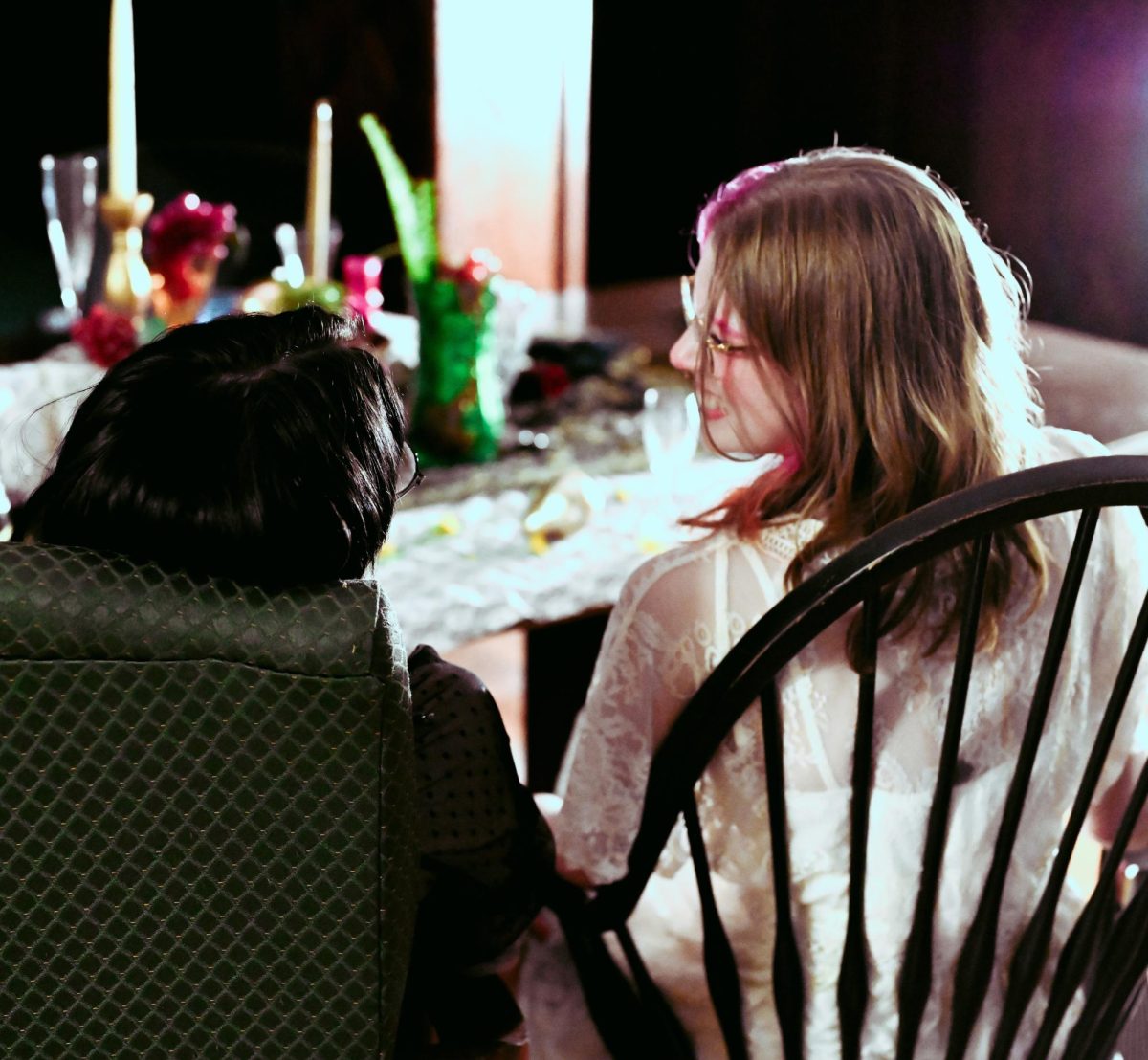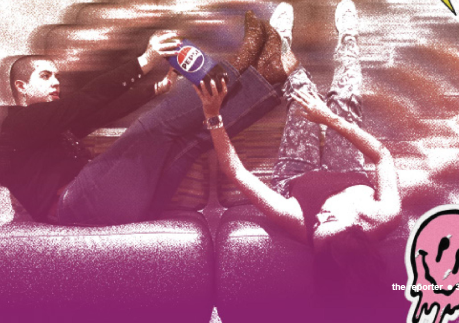Politics of Drag
It’s no secret that Florida has not been the most friendly to gender non-conforming communities and individuals. Amid this tension, there have been controversial laws passed which attempt to criminalize and shame those who take part in drag performances, observers and Drag Queens alike. Senate Bill (SB)-1438 was signed into law by Florida Governor Ron Desantis on May 17th, 2023 and sought to make it a crime to have “obscene” adult live performances where children could be present. However, the definition of obscenity is so broad that it is oftentimes stretched to mean something it is not. The key part of the definition, which can be used to target drag shows, is that obscenity is defined as “the lewd exposure of prosthetic or imitation genitals or breasts.” The use of these prosthetics is popular among drag performers. The rest of the bill is so broad and general that social action groups such as the American Civil Liberties Union, or ACLU, have warned that its language can easily be used to target a multitude of businesses, most of them LGBTQ+ friendly.
SB-1438 joins the ranks of many other laws passed or proposed in Florida that target vulnerable segments of the population such as drag queens, transgender minors, and queer teachers. One trait that many of these bills have in common is the inclusion of children as branding tools. For example, House Bill HB7, which sought to prevent faculty from expressing certain thoughts or opinions about topics like gender and race, was titled “The Stop W.O.K.E Act” with WOKE standing for “Wrong to Our Kids and Employees.” Similarly, SB 1438 was labeled the “Protection of Children Act.” Children have long been used as an excuse to rile up cultural anxieties and fear, which is nothing new, as can be seen with the Satanic Panic of the 1980s which targeted daycare workers. Now it is re-emerging once more as members of the LGBTQ+ community are being called ‘groomers’ at an increasing rate by media personalities such as Joe Rogan.
So is Florida hopeless? Not entirely. Both SB-1438 and HB7 have been blocked from implementation by the court system. For instance, HB7 was given a temporary block from a judge on the basis of first amendment violations. The challenges to these laws continue as another Florida judge ruled to temporarily block SB-1438, but only time will tell where public sentiment and the courts eventually land on these laws.
History of Drag
Drag as an art form has evolved in its usage over time and has overlapped with other activities. It is often traced back to Ancient Greek theater, where men typically played female roles on stage. American drag culture is most frequently credited to the Harlem neighborhood in New York during the 1860s. Some people may conflate cross-dressing as being the same as drag, but what makes drag unique is the community aspect. Drag shows have commonly been hosted in social locations like bars or restaurants. The social venues have been a cornerstone of the community of drag queens.
Most people know about the basic mechanics of what it means to dress up in drag. However, there is more nuance to drag than a man simply dressing as society’s idea of a woman. Scholars such as Harris Kornstein from the University of Arizona provide this layered definition by adding that drag constitutes more of a commentary on social gender and also incorporates elements of “camp.”
That’s so Camp
But what exactly is camp? Today, things, people and places described as camp are considered unconventional and aesthetically over-the-top. However, like many other taboo terms before it, camp remains somewhat elusive in popular culture.
In its first iterations, particularly in print, camp came to be known as exaggerated, flamboyant mannerisms, style and speech. The Oxford English Dictionary suggests its early roots reside in the beginning of the twentieth century, but as slang and turns of phrase often do, camp most likely was in circulation by word of mouth long before its first appearance in writing in 1909. Similar to its somewhat vague origin, its etymology, or linguistic origin, is just as ambiguous. Most scholars or those interested in the term have come to align with the belief that camp derives from the French phrase se camper, something with a multitude of meanings itself. Particularly conducive to the evolution of camp, however, se camper is understood to mean “firmly settle” or “posture boldly.” Though it was originally tied to a militaristic sense of fiercely claiming a campsite, the phrase has been adopted to connotate a different type of fierce.
It comes as no surprise that camp was then often associated with the cinema. Due to its theatricality, from the early to mid-1900s, camp is characterized as dramatic, often in association with homosexuality or effeminate men. It was understood as that which exists outside of conventions, a space where many gay men fell within the 1900s to the late 1950s. During this time period, homosexuality was still very much viewed as something provocative and unmasculine. Being described as camp became a way to be described as “in poor taste” similar to its kindred term kitsch. However, as the years progressed and the term evolved, media branded as camp leaned less on the offensive side of being tasteless, instead broadening the idea to encompass the overall subversion of stereotypically “good” taste. Camp films moved away from cinematic conventions, camp fashion embraced the outrageous, and the overall term began to transcend gender and sexuality, almost completely removing itself from the connotation of sexual deviance.
As camp continued to evolve, it was brought into public consciousness most notably by Susan Sontag’s 1964 essay Notes on “Camp.” Sontag is now widely regarded in the evolution of camp as one of the dominant writers that brought the term to mainstream culture. She helped to solidify the idea that the word goes beyond sexuality and convention, positing that camp is simply the “spirit of extravagance.” It is “antiserious” and exaggeratedly playful. Though Sontag may be largely known for introducing camp to popular culture, people today most likely did not have camp in their vocabulary until the 2019 Metropolitan Museum of Art or MET Gala. The event intended to play on Sontag’s infamous essay with the tagline “Camp: Notes on Fashion,” but the theme seemed to elude even those that attended. For many followers of pop culture, the 2019 MET Gala was an unexpected crash course on camp as a style and term. And though not all the designers and attendees seemed to fully grasp the theme, the occasion exemplified the ways in which camp has evolved. The fashion undoubtedly embraced the “love of the unnatural,” reminiscent of the theatricality present even in the early definitions of the term camp. It supplied the general public with a visual of slang still used today;TikTok, Instagram and even huge corporations like the New York Times adopted the term into their everyday vocabulary. So the next time you think your outfit may be a bit too much, just remember: it’s not bad, it’s camp.
Drag in Deland
Want to get out and about in DeLand to support local business and drag culture? Luckily, there are plenty of opportunities to check out local drag shows. The local bar Cafe DaVinci has a “Pride Night” Drag Show Every Tuesday! 18+ with Shows at 9 pm & 10:30 pm!




























